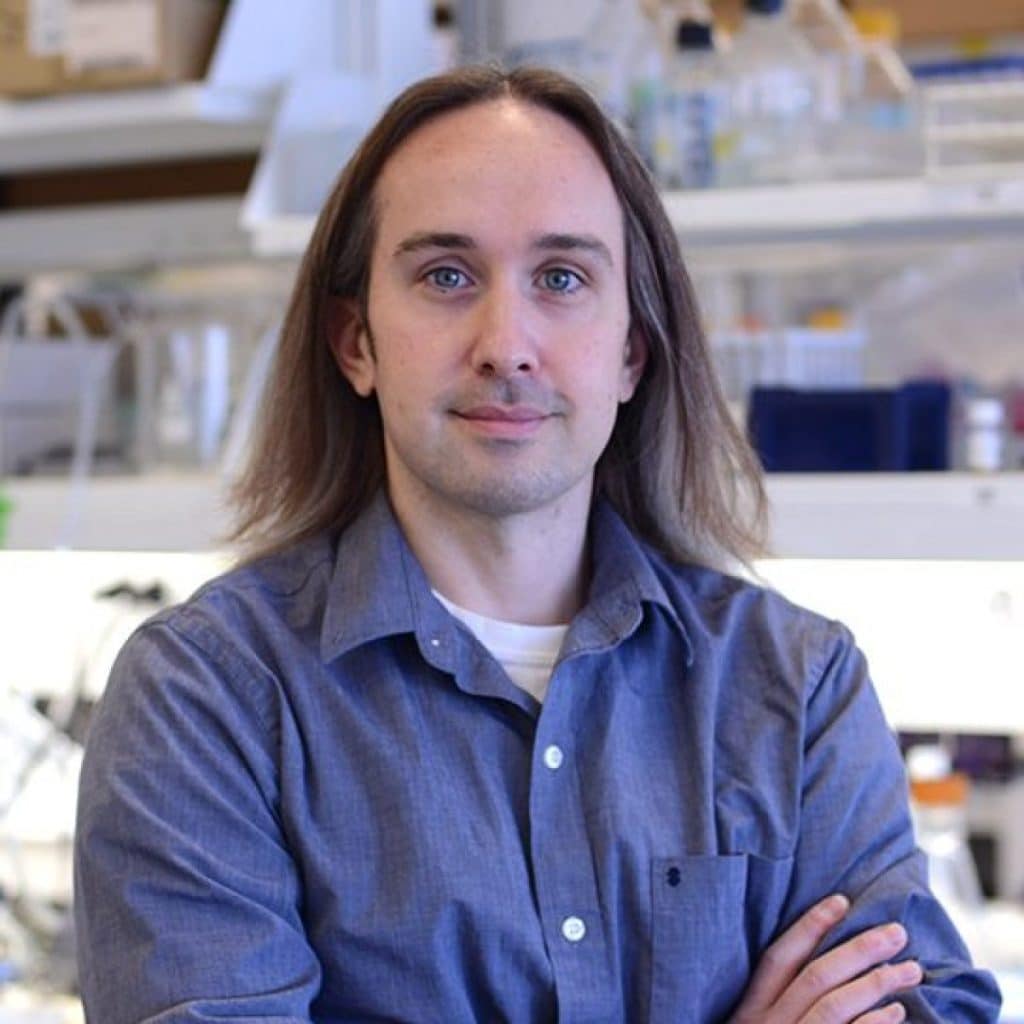Nearly 50% of the human genome consists of thousands of nearly identical copies of mobile elements and ancient retroviruses called Transposable Elements (TEs). Epigenetically silenced in all adult cells, TEs are paradoxically reactivated during early embryonic development. Our recent findings reveal that TE reactivation is regulated and essential for mammalian development. Notably, TEs are unintentionally reactivated in aging, autoimmunity, neurodegeneration and cancer, where normal gene regulation is compromised. This proposal seeks to establish the mechanistic basis of TE reactivation occurring in development to guide efforts to improve human health. Through advanced programs to analyze repetitive sequences, comparative biology, and novel in vivo and in vitro CRISPR-based tools, we will catalogue TE-based regulation and mechanisms in embryos to establish the tools needed to therapeutically manipulate TEs in adult tissue to mitigate or potentially reverse disease states.
Fellow
